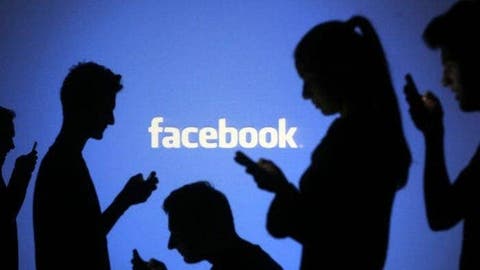It was in plans, especially after the measures that Meta took in response to the situation in Ukraine: Russia has decided to limit access to Facebook. A press release from Roskomnadzor, the state media control body, strongly and sharply condemned the work of the social network, defining it as damaging “human rights and fundamental freedoms, as well as the rights and freedoms of Russian citizens”.
Russia limits access to Facebook: violates human rights and freedoms
The cause on this front is the limitation made by Facebook on February 24 against the official accounts of four Russian media : the television channel Zvezda, the news agency RIA Novosti and the websites Lenta.ru and Gazeta.ru. Russia announces that it has asked Meta for an explanation of the intervention; also asking for the removal of the restrictions imposed, but without obtaining an answer. Recall that as of October 2020, 23 cases of Russian media censorship by Facebook are recorded.
In the reconstruction provided by the Kremlin, this is a type of provision that violates federal law No. 272-FZ in relation to Russian Internet resources and media: also in this case, therefore, Russia claims to be responding to enemy fire .
For these reasons the Attorney General, in agreement with the Foreign Ministry, has decided to adopt measures to ” partially limit access in the form of slowing down traffic “. At the moment we do not yet know exactly how hard this limitation is, and what effects it is having in practice.
SOCIALS: A NEW GLOBAL FRONT
In the history of humanity, technology is an element that has profoundly determined the outcome of wars. And today, with the conflict in Ukraine; which is putting the bloc of the Western superpowers at loggerheads with the Eastern one; we are facing a war that is unprecedented in terms of the technologies in use. Military offensives have long been earlier, escorted or followed by cyber attacks; Anonymous has already targeted Russia – but beyond what happens behind the scenes there is a digital surface; where most of humanity now moves, communicates, exists in a different and exponential way, unprecedented; with the possibility of joining a global network of contents and contacts.
We are talking, it is clear, of the internet and in particular of social platforms; crucial places for directing the moods of the masses. And on the other hand already in these days we have become familiar with a war; mediated by the usual television screen; and also – and above all – by that of smartphones that are not only transmitters of a message; but on the other side of the fence they constantly produce it; and therefore in the news we see the grainy low-resolution videos recorded; with the phone by citizens and shared on Facebook, Twitter, TikTok.
